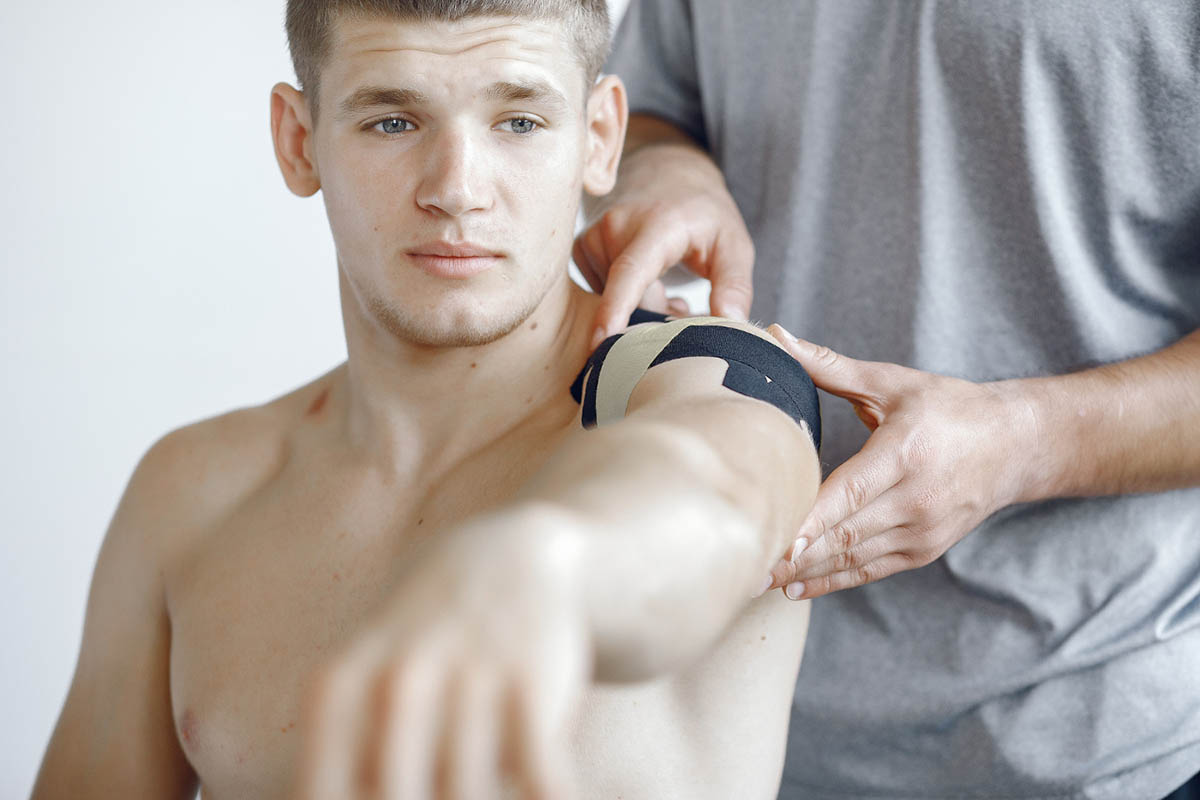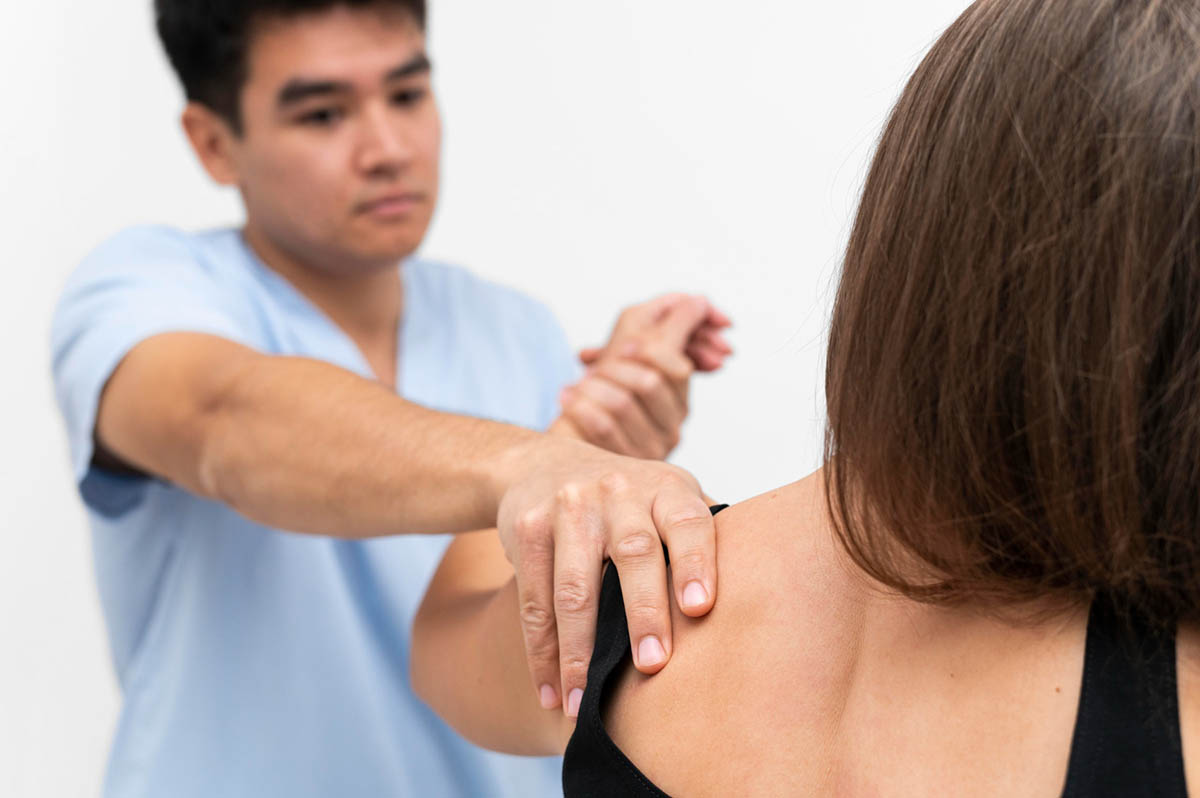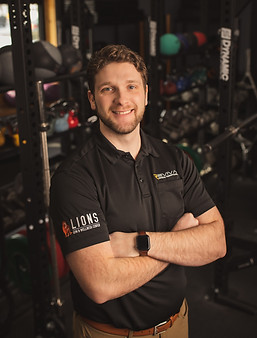Introduction
Rotator cuff injuries can be a significant setback, especially for active adults who rely on shoulder mobility for daily activities and sports. Whether you’re a weekend warrior or a professional athlete, a rotator cuff injury can cause significant pain and limit your range of motion. At Revival Physical Therapy, with locations in both North Loop, Minneapolis, and Robbinsdale, we’re here to help you understand, manage, and prevent these injuries with expert advice and practical tips. In this post, we’ll delve into the causes, symptoms, treatment options, and preventive measures for rotator cuff injuries.
Understanding Rotator Cuff Injuries
- Tendinitis: Inflammation of the tendons, often caused by repetitive overhead activities.
- Bursitis: Inflammation of the bursa (a fluid-filled sac that reduces friction) in the shoulder.
- Strains and Tears: Partial or complete tears in the tendons, which can result from acute injury or degenerative changes over time.
Symptoms of Rotator Cuff Injuries
- Shoulder Pain: Pain that worsens with overhead movements or at night.
- Weakness: Difficulty lifting or rotating the arm.
- Limited Range of Motion: Stiffness and decreased ability to move the shoulder.
- Crackling Sensation: A crackling or popping sensation when moving the shoulder.
The Role of Physical Therapy
Physical therapy is essential in managing and rehabilitating rotator cuff injuries. At Revival Physical Therapy, whether you’re visiting our North Loop location in Minneapolis or our Robbinsdale clinic, we offer personalized treatment plans that focus on reducing pain, restoring function, and preventing future injuries.
Techniques for Managing Rotator Cuff Injuries
- Manual Therapy: Hands-on techniques to reduce pain, improve mobility, and promote healing.
- Strengthening Exercises: Targeted exercises to strengthen the shoulder muscles and improve stability.
- Stretching: Gentle stretching exercises to improve flexibility and prevent stiffness.
- Postural Training: Education on proper posture and body mechanics to reduce strain on the shoulder.
- Modalities: Treatments such as ultrasound, ice, or heat to reduce inflammation and pain.
Everyday Tips for Shoulder Health
- Warm-Up: Always warm up before engaging in physical activity to prepare your muscles and tendons.
- Strength Training: Regularly perform exercises that strengthen the shoulder and surrounding muscles.
- Proper Technique: Use correct techniques during sports and daily activities to avoid unnecessary strain.
- Rest: Allow adequate rest and recovery time between activities to prevent overuse injuries.
- Ergonomics: Adjust your workspace and daily habits to promote good posture and reduce shoulder strain.
Prevention: Staying Ahead of Rotator Cuff Injuries

- Regular Exercise: Engage in a balanced exercise routine that includes strength training, flexibility, and aerobic exercises.
- Proper Equipment: Use appropriate sports equipment and ensure it is in good condition.
- Avoid Overuse: Gradually increase the intensity and duration of your activities to avoid overloading your shoulder.
- Listen to Your Body: Pay attention to any signs of discomfort or fatigue and adjust your activities accordingly.
FAQ Section
Q: How long does it take to recover from a rotator cuff injury?
Q: Can rotator cuff injuries heal without surgery?
Q: Are there specific exercises to avoid with a rotator cuff injury?
A: Yes, you should avoid activities that cause pain or excessive strain on the shoulder, such as heavy lifting or overhead movements without proper support.
Community Engagement and Support
You can visit us at our North Loop location in Minneapolis at 800 N Washington Ave Suite 5, Minneapolis, MN 55401 or our Robbinsdale location at 4123 W Broadway, Robbinsdale, MN 55422.
Nutrition for Shoulder Health
A balanced diet can support overall health and aid in the recovery process. Foods rich in anti-inflammatory properties, such as fatty fish, nuts, and leafy greens, can help reduce inflammation. Adequate protein intake is also crucial for muscle repair and recovery.
Conclusion
Ready to take control of your shoulder health? Reach out to us at Revival Physical Therapy and let us guide you toward recovery and optimal well-being.


